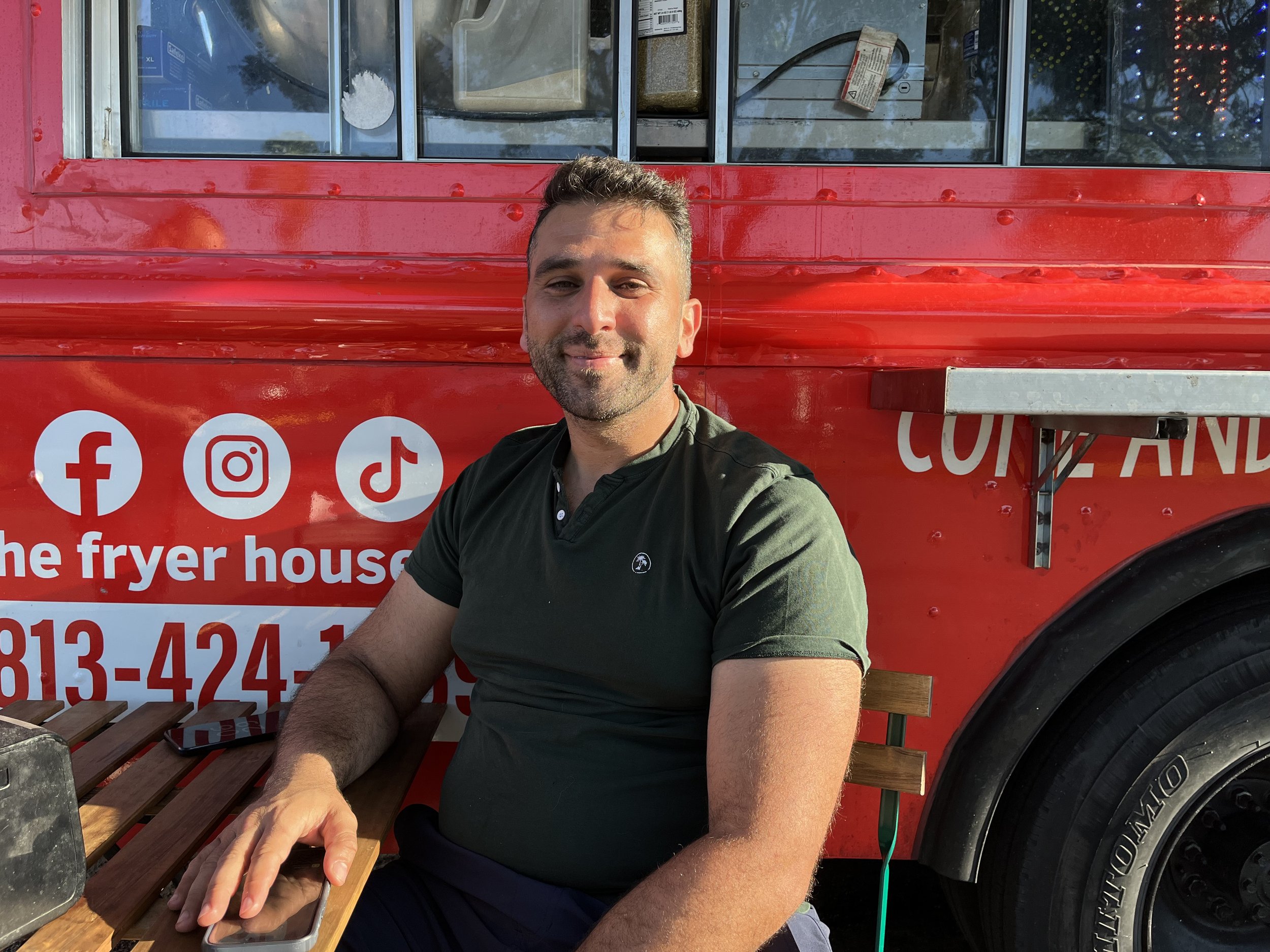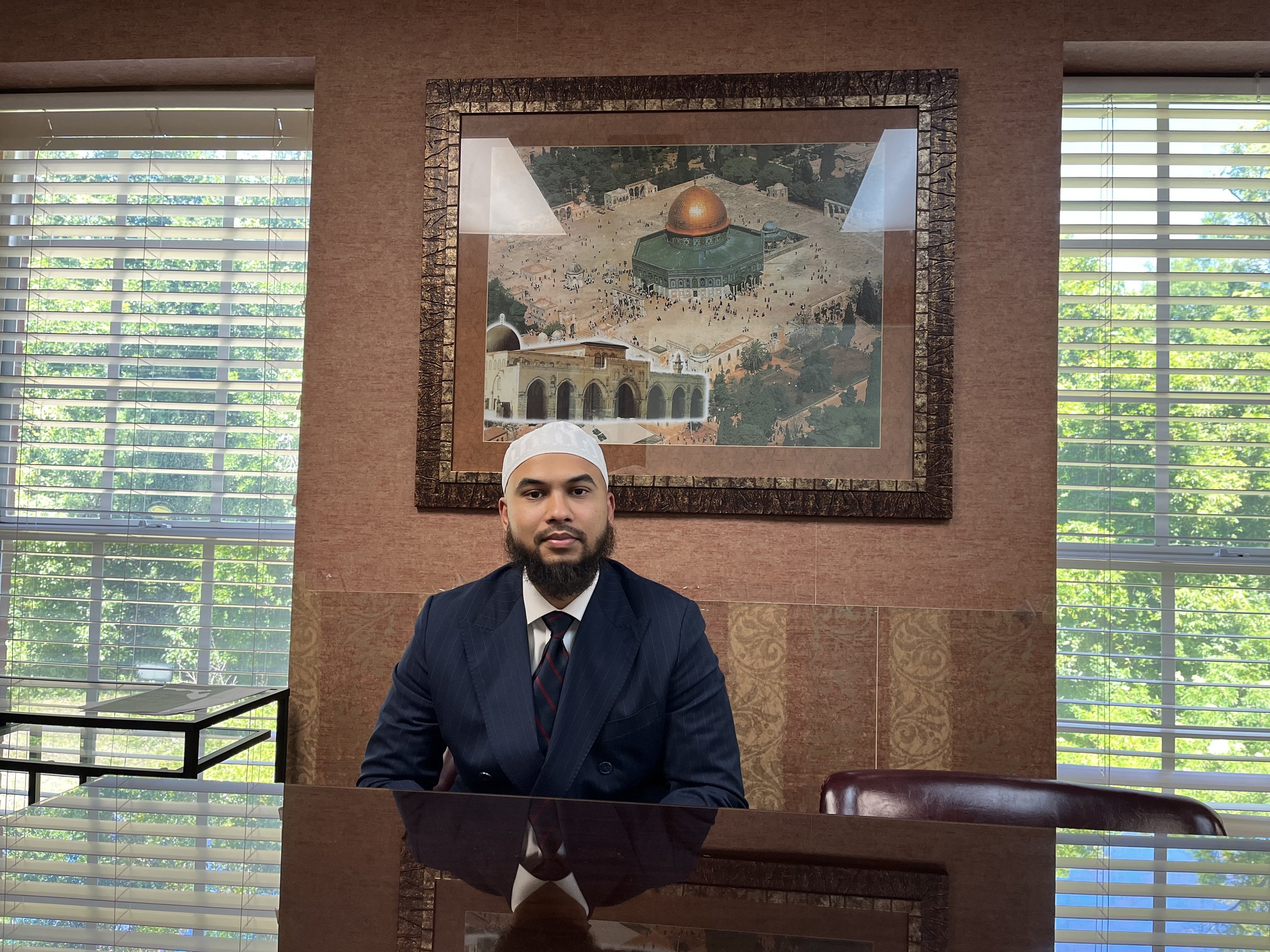Head to the U.S./Mexico border where a shelter founded by Sonia Tinoco García and the Latina Muslim Foundation serves thousands of asylum seekers each year; connect with Sakina Bakharia, president of the Barbados Association of Muslim Ladies, the first and only organization in Barbados that responds to the needs of Muslim women and girls; or visit Hazel Gómez, a Puerto Rican and Mexican Muslim community organizer with Dream of Detroit, a nonprofit that combines strategic housing and land development to empower marginalized neighborhoods.
Each is an example of Muslim women making an impact in their communities, based on their unique skillsets and experiences.
According to researchers at the Indiana University Lilly Family School of Philanthropy’s Muslim Philanthropy Initiative, philanthropy plays a vital role in the daily life of Muslim women.
As part of a growing Muslim philanthropic landscape that gives an estimated 4.3 billion dollars in zakat (obligatory charity that requires Muslims to give 2.5% of their wealth), women contribute beyond monetary giving as well, donating their time, talent and community ties to the greater good.
Nausheena Hussain, who helped shape the report and is author of a new book on Muslim’s women’s finance and giving titled, Prosperity with Purpose: A Muslim Woman’s Guide to Generosity and Abundance, said such research is vital to better understand Muslim women’s engagement, impact and still untapped philanthropic potential.
“First, Muslims in general have been underrepresented in philanthropic research,” she said, “and Muslim women are often misrepresented.”
Earlier reports had shown that Muslim men gave more money than women. But Hussain knew that philanthropy encompassed more than monetary contributions. She approached MPI’s Director, Shariq Siddiqui, about conducting research into women’s giving, volunteering and motivations for civic activism.
The results not only showed that Muslim women were involved, but that they were engaged at scale, with their generosity behaviors amplifying each other. In MPI’s 2023 report, seven out of ten women said they actively participate in one or more organizations — and because of this participation, were more likely to give zakat. In other words, if they were giving their time, they were giving more money.
They also found that if the same women were registered voters, they were even more likely to donate, volunteer, and participate in the community. Their data showed 87% of total zakat given by Muslim women was by those who were also registered voters — and those that are registered to vote were also 15 times more likely to volunteer.
This kind of research, Hussain said, not only departed from existing literature that focused on negative stereotypes of Muslim women or social stigmas and discrimination but also showed a side to American generosity that was not white, Christian or male-centric.
“When Muslim women cannot see ourselves in the broader story of Muslim or American giving, it becomes difficult to imagine ourselves as philanthropists,” she said. “Part of my goal is to be able to tell those stories, so that Muslim women can see themselves in these roles.”



